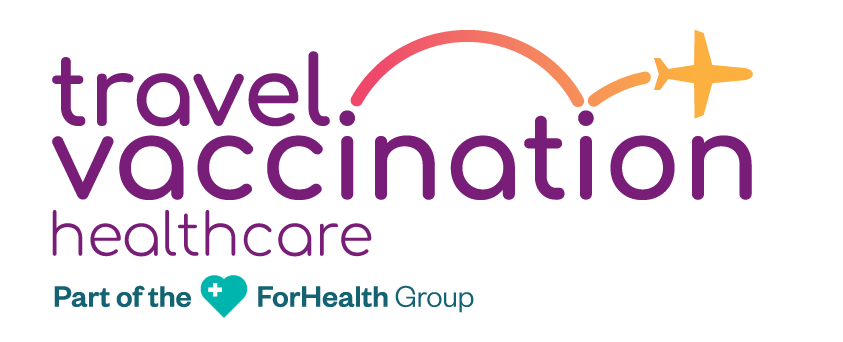People who are travelling to a foreign country to visit friends or relatives (VFRs) are at higher risk for some diseases. The risk is higher because VFR travellers generally stay longer than tourists, eat local food in people’s homes, and may not take the same precautions (such as preventing bug bites) as tourists do. VFR travellers often do not see a doctor for vaccines and advice before they travel, possibly because of cost, cultural or language barriers, or limited time. If you are planning to travel overseas to visit friends or relatives, consider your increased risk of illnesses and plan accordingly.
Malaria
Many VFR travellers assume they are immune to malaria if they were born or lived a long time in a country with malaria. However, any partial immunity they may have had is lost within about 6 months of leaving the area. VFR travellers are 8–10 times as likely to be infected with malaria as tourists because they often stay longer and are less likely to pay attention to mosquito avoidance measures. If you are going to a country with malaria, take malaria-prevention medicine according to your doctor’s instructions, even if your friends and relatives who still live in the country do not.
VFR travellers may think they can buy malaria medicine or other medicine more cheaply in the country they are visiting however, you need to start taking malaria pills before you leave Australia in order to be protected. In addition, any medicine you buy overseas may be counterfeit—it may not have any active ingredients, or it may contain harmful substances. It’s often impossible to tell real and counterfeit medicines apart, so bring all your medicine from home.
Food Borne Illness
Illnesses spread through contaminated food are common in VFR travellers, who often feel pressure to eat what family or friends serve them. VFR travellers also do not have the same immunity to local bacteria as their friends and relatives do. VFR travellers have a higher rate of Hep A for example than other travellers, mainly in the younger age group. The adults may have acquired infection and have immunity but their children have often been born in a more developed setting and have not been previously exposed.
Some food borne illnesses, such as hepatitis A and typhoid, can be prevented with vaccines, but many others cannot. See a doctor before you travel to get any vaccines you may need, but also be very careful about what you eat and drink. In general, food that is cooked and served hot is safe to eat, and beverages from sealed containers are safe to drink.
Avoid food served at room temperature, raw fruits or vegetables (unless they can be peeled), tap water and ice made from tap water.
Other health considerations for VFR travellers include dengue and other infections spread by mosquitoes as well as parasites in water, tuberculosis, and sexually transmitted diseases. Before your trip, consult a travel medicine specialist who can give you customised advice on staying safe and healthy at your destination. At this consultation, you will be advised to use insect repellent, avoid swimming in fresh water, and take other steps to help you enjoy your visit without worrying about getting sick or injured.

